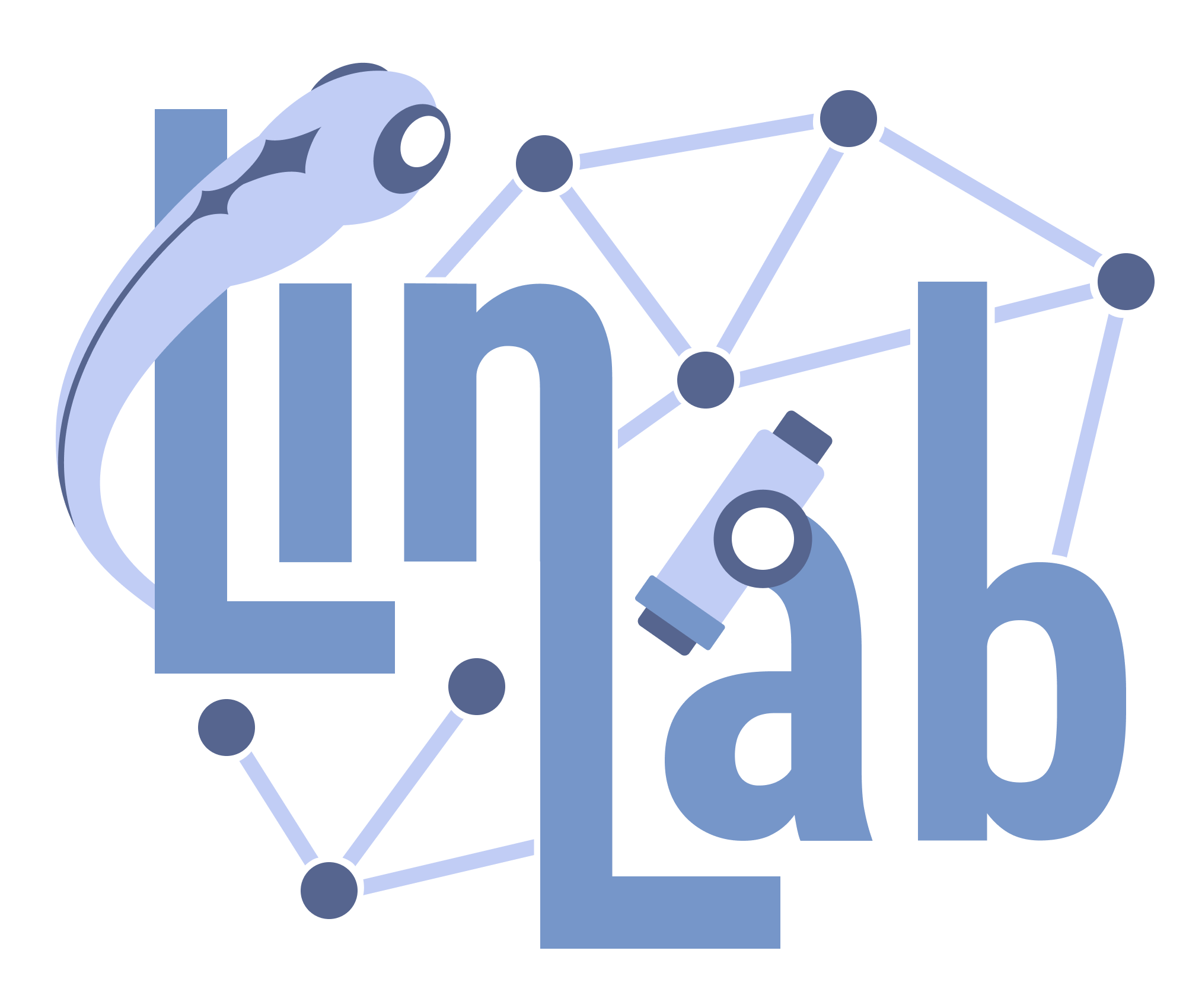Neural computation of cognitive behaviors by whole-brain single-neuron recording of zebrafish behaving in virtual reality
The central question of Lin Lab is – how does the brain produce adaptive, flexible behavior?
We take a multi-disciplinary and holistic (systems) approach to answer this question. We combine whole-brain neural imaging and computational tools on behaving animal models in virtual realities to study the neural mechanisms underlying cognition and behaviors at the systems level. To access the whole brain with single-cell resolution at a high speed, we work with the zebrafish model and state-of-art optical neurotechnology. Our approach is to develop data-driven computational models (such as machine learning & dynamical systems) that can explain and predict behaviors from neural activity.
Position
- Build VR and behavioral devices for zebrafish using Python, Unity, or other tools
- Perform behavioral assays and multi-photon neural imaging of zebrafish
- Record, analyze, and model brain-wide neuronal time series
Qualifications
- Highly motivated and goal-driven, with a strong passion/curiosity for neuroscience
- Bachelor’s degree in electrical/mechanical/bio engineering, physics, or computer science; hands-on experience with optics is a big plus.
- Programming skills (such as MATLAB, Python, C, C#, or Java, …) with hardware (such as Arduino, Raspberry Pi, or National Instrument DAQ, …)
How to Apply
Potential candidates should contact Qian Lin at neuroqian.lin@utoronto.ca ASAP before 2023/4/25 with these materials:
- a cover letter explaining what is your interest and why you are a good fit;
- a CV highlighting relevant courses, experience, and skills;
- transcripts;
- contact information for two reference letters (if available).
- a clear title stating the application for the graduate student position
